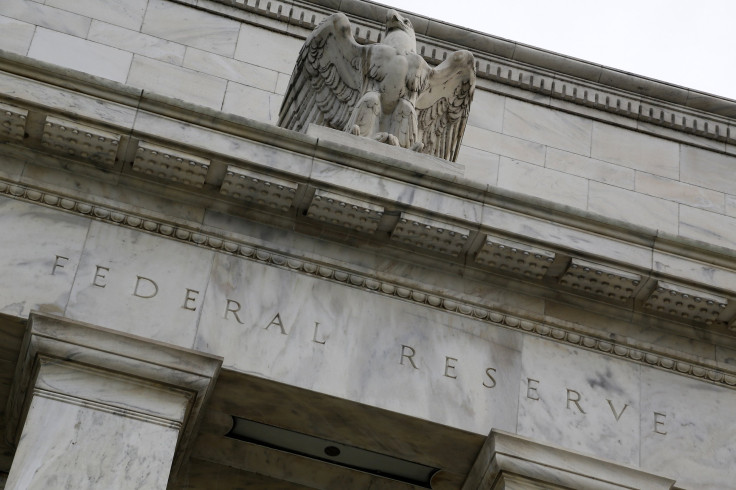Wealth Inequality: Gap Between Whites And Minorities Widens To Near Record Levels

As the U.S. economy continues to grow, the already wide gap in wealth between whites and other racial groups is only growing larger, according to a report released Friday by the Pew Research Center. The report, based on an analysis of Federal Reserve data, shows that whites are the only racial group to have seen their wealth rise during the economic recovery.
The wealth of white households now amounts to more than 10 times the wealth of Hispanic households and nearly 13 times that of black households, a near record gap. The last time the wealth gap between blacks and whites was this high was in 1989, when whites had 17 times the wealth of black households.
The differing experiences of white, black and Hispanic households during the recovery were similarly stark, according to the report. Though all racial groups have experienced a weak recovery in wealth following the global economic recession, the wealth of white households nonetheless increased by 2.4 percent between 2010 and 2013. Black and Hispanic households, meanwhile, saw their wealth decrease during that period by 33.7 percent and 14.3 percent, respectively.
A number of factors may be responsible for the widening gap in wealth, according to Pew. One possible explanation is that the median income of minority households fell more significantly than that of white households, with blacks, Hispanics and other nonwhite groups seeing their incomes fall 9 percent between 2010 and 2013, whereas whites experienced a 1 percent decrease during that period. As a result, minority households likely had to draw on their savings even more during the recovery and may not have been able to replenish those savings at the same rate as whites.
The global cry over inequality has become more intense in the past year, especially following the release of economist Thomas Piketty’s “Capital in the Twenty-first Century.” The book released in 2013 was hailed as one of the most comprehensive modern studies of income inequality by many prominent economists, including Paul Krugman. It stated that a global system of progressive wealth taxes is necessary to address the destabilizing social and economic effects of income inequality.
Despite this rising awareness, the racialized nature of wealth inequality rarely gets the political attention it deserves, Rashad Robinson, executive director of Color of Change, an African-American advocacy group, said in an interview with MSNBC earlier this year. “It’s messy and requires us to be deep and think about much bigger and more long-term solutions than Washington is oftentimes willing to deal with.”
© Copyright IBTimes 2025. All rights reserved.






















